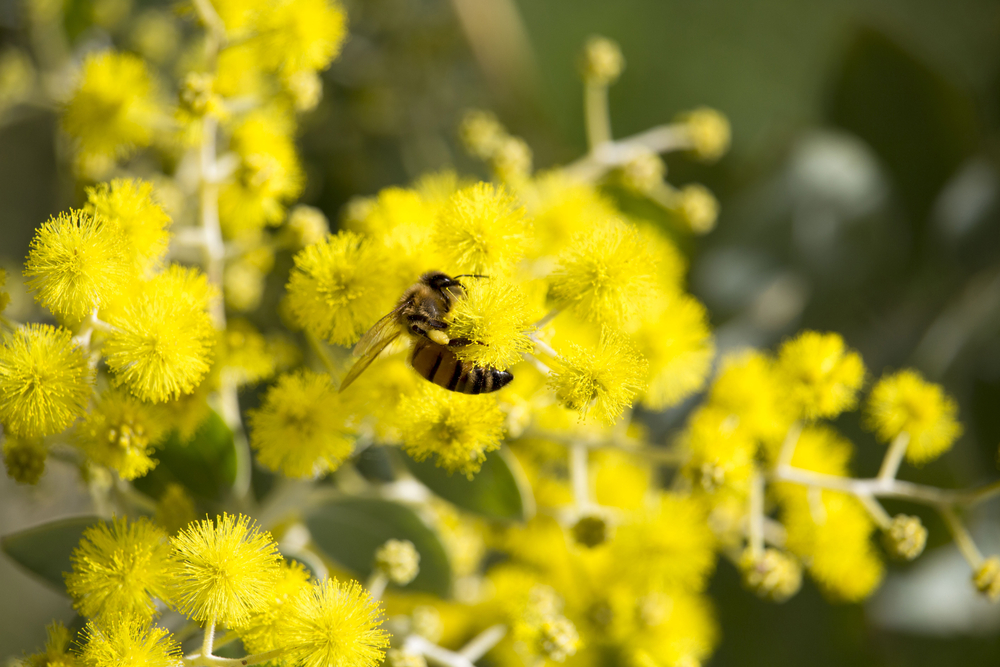Respiratory Care WA’s Clinical Nurse Specialist Kate Hipwell was on ABC radio this morning talking about “hay fever.”
Did you know hay fever is actually a medical condition known as allergic rhinitis caused by allergy to substances breathed in the air?

At the Children’s Asthma Hub we regularly help children live with their Allergic Rhinitis.
Here is some more information about Allergic Rhinitis (Hay Fever)
· Approximately 19% of Australians (almost one in 5) have allergic rhinitis. At least three out of four people with asthma also have allergic rhinitis.
· Asthma and allergic rhinitis are related health conditions. People with allergic rhinitis have a higher chance of going on to develop asthma than people without allergic rhinitis
· Most people with allergic rhinitis are allergic to house dust mites, pollen, pets, mould, or a combination of these and other allergens. Allergic rhinitis is more prevalent when it occurs during the times of year when there is a lot of pollen in the air (Spring). However this is an all year round condition.
· It can be a debilitating condition when the symptoms are troublesome and should be treated immediately, as effective treatment may reduce the chance of severe asthma attacks and improve overall respiratory health.
· People with asthma may not recognise that they also have allergic rhinitis, because the symptoms can be mistaken for asthma. For this reason, Australian and international guidelines for doctors recommend that people with asthma should be checked for allergic rhinitis.
· Whenever we speak to our families about Asthma we will always ask about their Allergic Rhinitis.
You can listen to the full interview here at the 2hr15min mark.
Our Spring Toolkit has a range of tips and resources to help you prepare for the season and manage your asthma and hay fever so you can get out and enjoy the warming weather. Simply fill in the form and get instant access*.
If you have concerns about you or your child’s allergic rhinitis and it’s link to asthma, please speak to your GP or call our HelpLine on 1800 ASTHMA (1800 278 462).
* By submitting this form, you agree to be added to our mailing list
